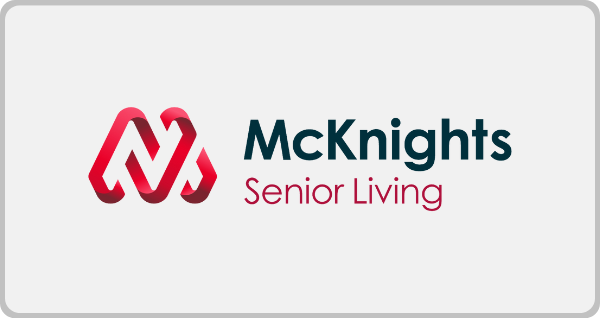Julie Williamson | Sept 1, 2014 | Excerpted from: McKnights
While this autumn won’t bring nearly as many MDS changes as last year, documentation and coding due-diligence remains crucial. And despite coordinators’ knowledge and leadership role in the MDS process, they shouldn’t be shouldering the responsibility alone, experts say.
“Any discipline that contributes to the MDS should understand the ‘tell me more’ about the MDS information they are contributing,” says Kelton Swartz, MDS Strategist for Cerner. “Dietary Services, for example, should not just understand how to answer Section K, but also understand how those items impact quality measures, RUG calculations and resident satisfaction. Transferring knowledge beyond basic compliance helps everyone involved engage in a more holistic approach to quality resident care.”
A simplified questioning approach can help CNAs with self-performance categories and more accurate capture of Activities of Daily Living data. It’s often difficult for staff to remember the small differences that put a resident into a higher classification. That’s why Gloria Brent, RN, an MDS nurse and consulting veteran who now serves as president and CEO of MDS Solutions Inc., created and tested simple questions about the care delivered, without using the words “Limited” or “Extensive.” When answered, these questions follow an algorithm that provides staff with the level of care delivered.
“They no longer need to know the complex definitions of the care levels, but simply what they did with the resident as they delivered care,” Brent says.
